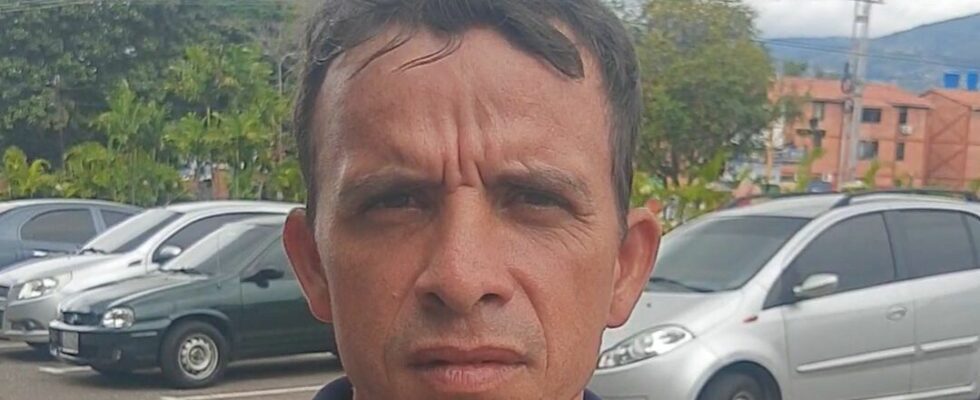Five-year-old Michelle, born with heart problems, had to regularly cross the Venezuelan-Colombian border to receive treatment. Until that day in December when they were refused passage…
When, on September 26, the Venezuelan and Colombian presidents reopened the border between their two countries in front of cameras around the world, Jonathan, a modest family man from eastern Venezuela, rejoiced, like many others, of this event which would give them the possibility of finally going to the hospitals of the neighboring country. In Colombia, the health system is indeed much more developed and, above all, everyone is treated there, even people who do not have Colombian nationality.
However, Jonathan’s daughter was born with heart and breathing difficulties. She needs care that hospitals in her country cannot provide. Her parents would therefore be able to take her whenever she needed them to an appropriate care structure. But, between the image of reconciliation of local politicians and the harsh reality, there is often a gap for which Jonathan and especially Michelle, his 5-year-old daughter, were soon to pay the high, tragic price.
The mother implores the official to let them pass and make an exception… Nothing helps
On December 2, it was raining heavily. “My daughter had been sick for five days and none of the treatments that the Venezuelan doctors had prescribed to us had the slightest effect, remembers Jonathan. She was starting to have difficulty breathing. With my wife, we decided to transport her to the local health center. A doctor strongly advised us to cross Puente Internacional La Union, the bridge that acts as the border between Venezuela and Colombia, to get to the health center in Puerto Santander.”
Michelle’s condition then began to worsen to the point that this doctor decided to place her on an artificial respirator. “We had to pay for the gas for the ambulance, says Jonathan. My wife left in the middle of the night with Michelle on a respirator and a doctor.” At 3:30 a.m., the ambulance arrived at the Boca border post from Grita, just in front of Puente La Union. There, a Venezuelan customs officer explains to them that no vehicle is authorized to pass. The mother implores the official to make an exception. Nothing works. He advises her to carry her daughter on foot across the bridge.
An investigation has been carried out, so that the story does not happen again.
“The doctor who was traveling in the ambulance made the decision to disconnect Michelle from the oxygen system, says Jonathan, and a worker lent a wooden cart to transport my daughter. As it was raining a lot, they covered her with plastic tarp to keep her dry. And my wife pushed the cart across the bridge.”
When the mum finally arrived at the Santander clinic, medical staff found that Michelle had lost her life. An investigation has since been carried out, so that the story does not happen again. But, unfortunately, according to Amnesty International Venezuela director Marcos Gomez, Michelle’s death involves far too high a stake for things to really change. Jonathan, however, continues to fight today so that the death of his daughter prevents others from losing their lives in similar circumstances.
